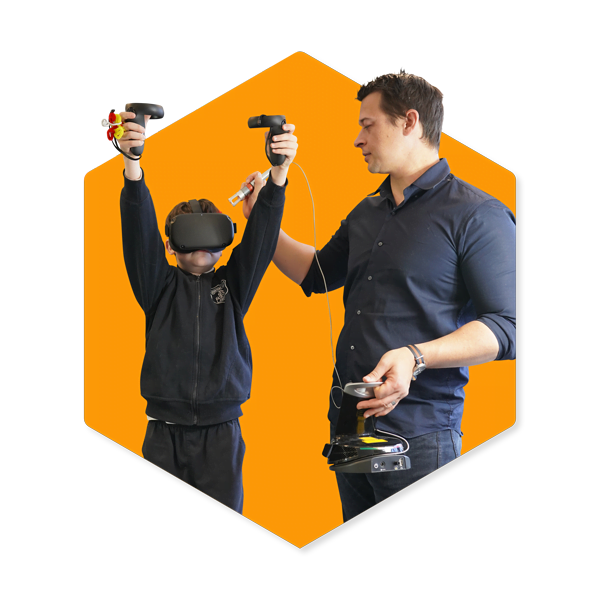At Brain and Body Health, we delve deep into the understanding of our neurological makeup. One aspect we often encounter in our practice is the important role of primitive reflexes. These reflexes, although essential in the early stages of our lives, can sometimes persist longer than they should, and amplifying ADHD, Autism ASD level 1, and anxiety.
Understanding the Primitive Reflexes: Primitive reflexes are automatic movements directed from the brainstem and executed without brain cortex involvement. They serve to protect and support the infant during the first year of life. As a child develops, these reflexes should ideally inhibit to make way for more complex neural structures and processes.
Anxiety and The Orbitofrontal Cortex: One of the intriguing intersections between primitive reflexes and developmental conditions is found in anxiety. The right orbitofrontal cortex is vital for inhibiting anxiety. When primitive reflexes persist, they can delay the development of this area of the brain. These delays can make certain children more predisposed to anxiety than their peers. Hence, part of the therapeutic approach involves stimulating the orbitofrontal cortex to bolster the brain’s capability to inhibit anxiety.
ASD and Brain Imbalance: With Autism ASD level 1, the narrative is similar, yet distinct. Research has pointed towards a brain imbalance in those with Autism – with the right hemisphere displaying reduced activity and the left hemisphere becoming more dominant. This imbalance, when combined with the persistence of primitive reflexes, can exacerbate sensory processing challenges, motor coordination difficulties, and socialisation issues.
ADHD and Impulse Regulation: For those with ADHD, the lingering presence of primitive reflexes can be especially influential. Such reflexes can compound impulse control challenges, emotional regulation struggles, and attention regulation difficulties, all of which are commonly observed in ADHD.
The Path to Healing and Equilibrium: Understanding the link between primitive reflexes and these conditions is essential, but what’s the next step? That’s where professional assessment becomes crucial. At Brain and Body Health, we offer personalised evaluations to assess these reflexes. Furthermore, our QEEG brain scan gives us a detailed look into which hemispheres might be under or overactive.
Combining this comprehensive understanding, we craft a personalised rehabilitation plan tailored to address these neural challenges. Our goal is always to help our patients navigate and mitigate the challenges they face due to persistent primitive reflexes. Over the years, Brain and Body Health has been the home of Primative Reflex rehab, guiding patients towards recovery and a life of greater capability.



